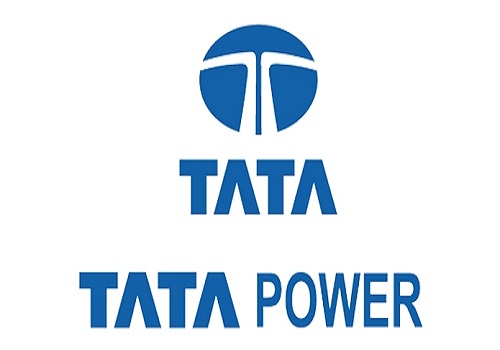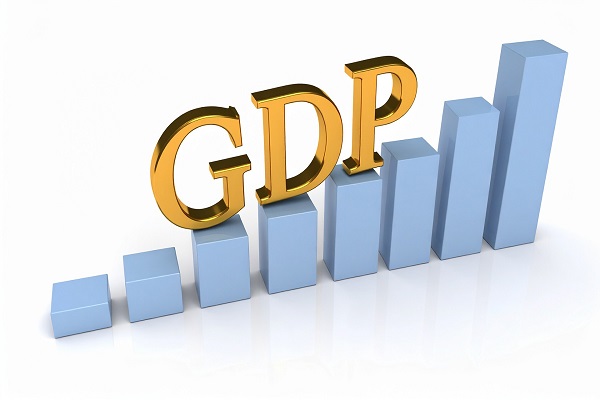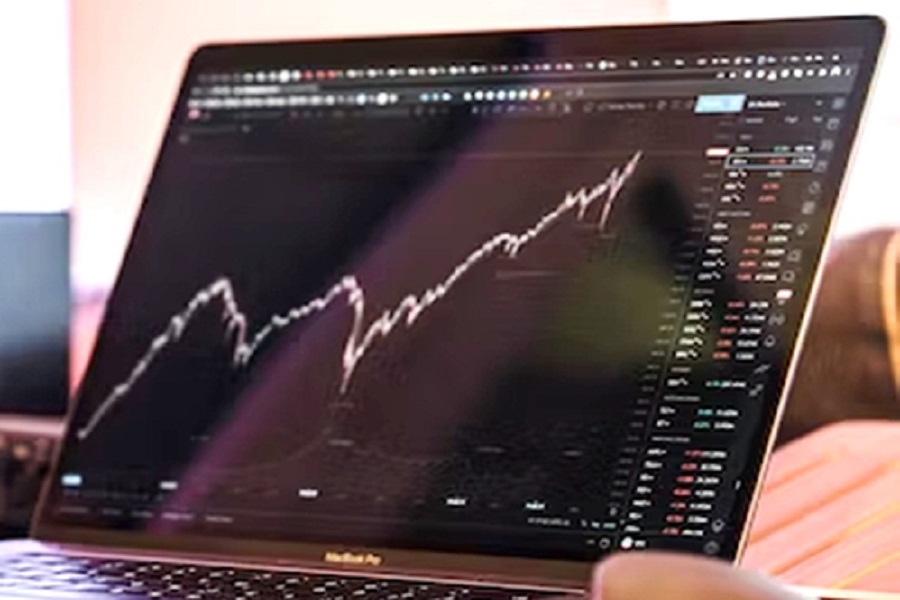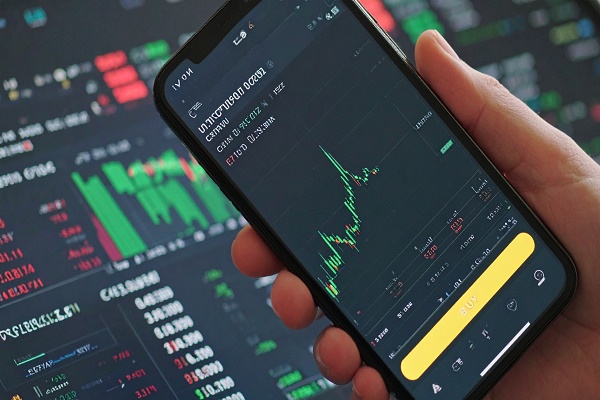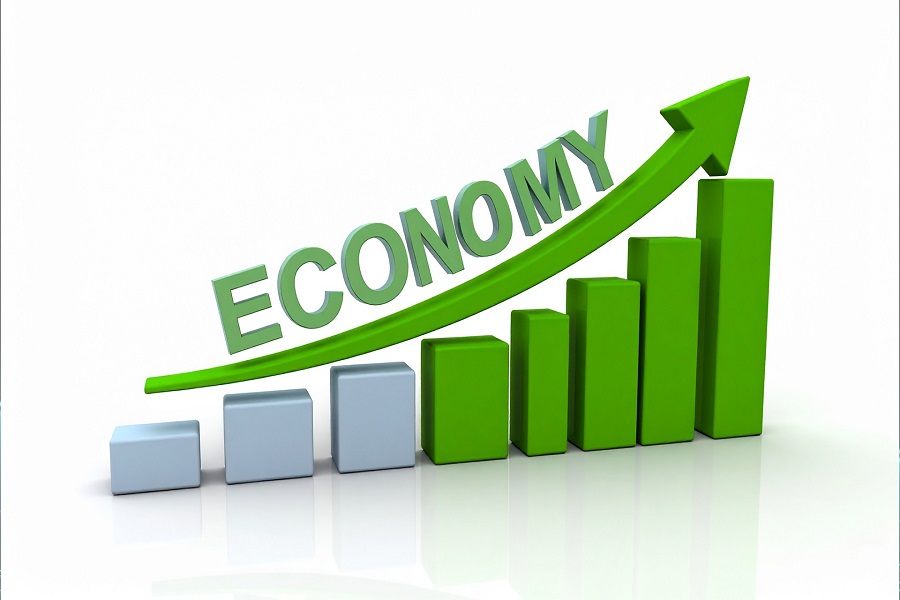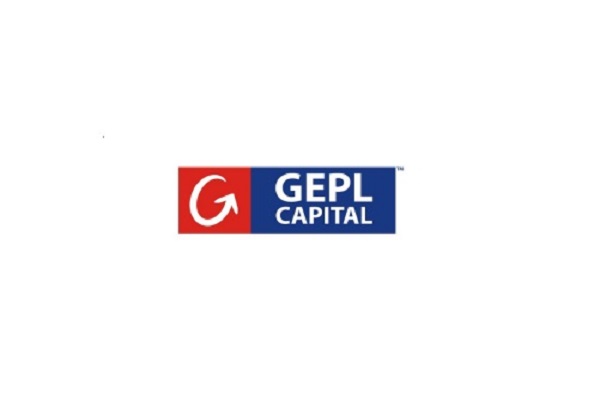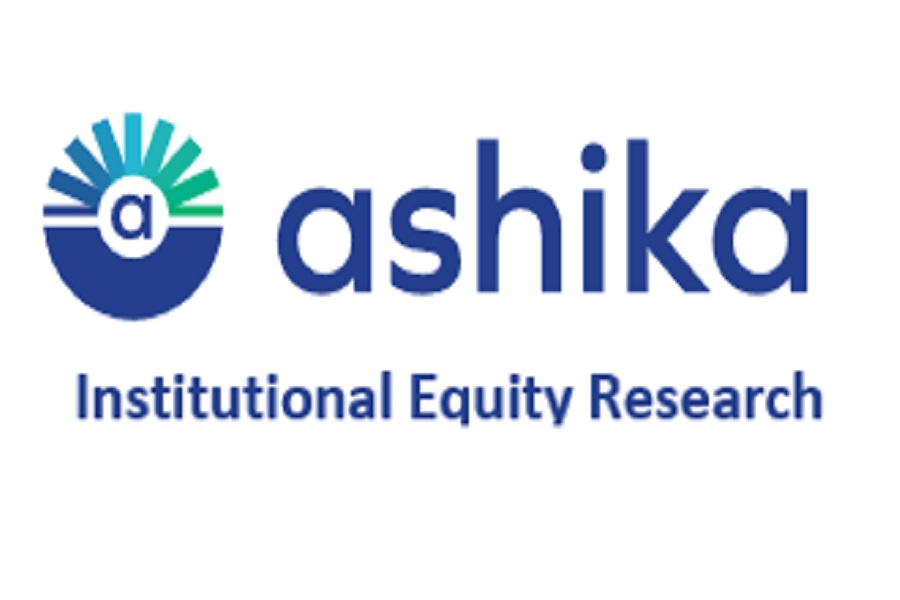Benchmarks end lower for third day
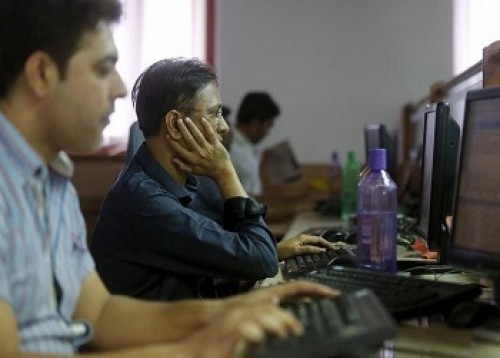
Extending their losses to third day, Indian equity benchmarks ended lower by around half percent on Friday dragged by Consumer Durables, Capital Goods and FMCG shares. Markets made slightly positive start but failed to hold gains and soon slipped below natural lines, as UN Conference on Trade and Development (UNCTAD) in its latest report has downgraded India’s economic growth by over 2 per cent to 4.6 percent for 2022 from earlier forecast of 6.7 percent. A decrease has been attributed to the ongoing war in Ukraine, with New Delhi expected to face restraints on energy access and prices, reflexes from trade sanctions, food inflation, tightening policies and financial instability. The report also downgraded its global economic growth projection for 2022 to 2.6 percent from 3.6 percent due to shocks from the Ukraine war and changes in macroeconomic policies that put developing countries particularly at risk. Some cautiousness also came a private report stated that after crossing the $550-billion mark in the first 11 months of the financial year, India’s import bill is set to hit record highs in FY22 and probably touch $600 billion.
Key gauges added losses in late afternoon deals, as anxiety remained among traders with S&P Global Ratings in its report said rising commodity prices, further triggered by the Russia-Ukraine war, could moderate healthy recovery of the country’s economy, and put pressure on the Reserve Bank of India (RBI) to normalise its monetary policy faster than anticipated. Traders were also worried as foreign institutional investors (FIIs) remained net sellers in the capital market as they sold shares worth Rs 1,740.71 crore on Thursday, exchange data showed. However, markets managed to trim some losses in final minutes of trade as traders took some support with the Periodic Labour Force Survey (PLFS) indicated that employment in the country has increased by 22 per cent in the past seven years since 2013-14. As per PLFS, the rise in employment in IT, healthcare and eduction sectors reflects that employment opportunities were generated through various government programmes. Meanwhile, the government has proposed to tighten the norms for taxation of cryptocurrencies by disallowing set off of any losses with gains from other virtual digital assets.
On the global front, Asian markets ended mixed on Friday as western government promised more sanctions on Russia and improved U.S. jobless claims data stocked concerns about faster-than-expected tightening by the Federal Reserve. European markets were trading higher but concerns about a potential slowdown of the economy kept it in a tight range. Back home, airline industry’s stocks were in watch as the Minister of State for Civil Aviation V K Singh stated that investments worth Rs 36,000 crore have been planned for the development of greenfield airports under the public-private partnership (PPP) model. He also cited ‘highly price-sensitive customers’ and high taxes on jet fuel as major challenges faced by the country's civil aviation sector. There was some reaction in OMCs stocks as Moody’s Investors Service said state-run fuel retailers IOC, BPCL and HPCL have together lost around $2.25 billion (Rs 17,000 crore) in revenue between November and March third week by keeping petrol and diesel prices unchanged despite a sharp rise in crude oil prices.
Finally, the BSE Sensex fell 233.48 points or 0.41% to 57,362.20 and the CNX Nifty was down by 69.75 points or 0.40% to 17,153.00.
The BSE Sensex touched high and low of 57,845.37 and 57,100.24, respectively. There were 8 stocks advancing against 22 stocks declining on the index.
The broader indices ended in red; the BSE Mid cap index fell 0.36%, while Small cap index was down by 0.33%.
The top gaining sectoral indices on the BSE were Realty up by 1.21%, Utilities up by 0.31%, Power up by 0.18%, Energy up by 0.14% and Oil & Gas up by 0.13%, while Consumer Durables down by 2.28%, Capital Goods down by 0.95%, FMCG down by 0.72%, IT down by 0.68%, Auto down by 0.63% were the losing indices on BSE.
The top gainers on the Sensex were Dr. Reddy's Lab up by 0.77%, Asian Paints up by 0.76%, Reliance Industries up by 0.73%, SBI up by 0.69% and Kotak Mahindra Bank up by 0.50%. On the flip side, Titan Company down by 3.59%, Tech Mahindra down by 2.35%, Maruti Suzuki down by 1.79%, Wipro down by 1.18% and Larsen & Toubro down by 1.14% were the top losers.
Meanwhile, the UN Conference on Trade and Development (UNCTAD) in its latest report has downgraded India’s economic growth by over 2 per cent to 4.6 percent for 2022 from earlier forecast of 6.7 percent. A decrease has been attributed to the ongoing war in Ukraine, with New Delhi expected to face restraints on energy access and prices, reflexes from trade sanctions, food inflation, tightening policies and financial instability. The report also downgraded its global economic growth projection for 2022 to 2.6 percent from 3.6 percent due to shocks from the Ukraine war and changes in macroeconomic policies that put developing countries particularly at risk.
The report said while Russia will experience a deep recession this year, significant slowdowns in growth are expected in parts of Western Europe and Central, South and South-East Asia. The report said as some of the other economies in South and Western Asia may gain some benefits from fast growth of demand and prices of energy, they will be hampered by the adversities in primary commodity markets, especially food inflation, and will be further hit by inherent financial instabilities.
It said India in particular will face restraints on several fronts: energy access and prices, primary commodity bottlenecks, reflexes from trade sanctions, food inflation, tightening policies and financial instability. The report has downgraded the GDP growth of the US from three per cent to 2.4 per cent. China will also see growth decrease to 4.8 per cent from 5.7 per cent. The report projects a deep recession for Russia, with growth decelerating from 2.3 per cent to -7.3 per cent. The report said the Russian economy faces stringent external constraints imposed by the sanctions.
The UNCTAD said the added pressure of price increases is intensifying calls for a policy response in advanced economies, including on the fiscal front, threatening a sharper than expected slowdown in growth. Soaring food and fuel prices will have an immediate effect on the most vulnerable in developing countries, resulting in hunger and hardship for households who spend the highest share of their income on food. But the loss of purchasing power and real spending will ultimately be felt by everyone. It said the danger for many of the developing countries that are heavily reliant on food and fuel imports is more profound as higher prices threaten livelihoods, discourage investment and raise the spectre of widening trade deficits.
The CNX Nifty traded in a range of 17,294.90 and 17,076.55. There were 13 stocks advancing against 37 stocks declining on the index.
The top gainers on Nifty were Bajaj Auto up by 1.90%, Adani Ports &SEZ up by 1.51%, SBI up by 0.96%, Reliance Industries up by 0.86% and Asian Paints up by 0.72%. On the flip side, Titan Company down by 3.38%, Tech Mahindra down by 2.23%, Maruti Suzuki down by 1.69%, Indian Oil Corporation down by 1.45% and Eicher Motors down by 1.38% were the top losers.
European markets were trading higher; UK’s FTSE 100 increased 3.71 points or 0.05% to 7,471.09, France’s CAC increased 20.61 points or 0.31% to 6,576.38 and Germany’s DAX increased 54.94 points or 0.38% to 14,328.73.
Asian markets ended mixed on Friday as strong US jobless claims data fuelled concerns about faster-than-expected tightening by the US Federal Reserve. Data showed that weekly initial jobless claims fell to a seasonally adjusted 187,000 last week, the lowest level since September 1969. Meanwhile, Western leaders meeting in Brussels promised more sanctions on Russia and President Vladimir Putin tried to prop up Moscow’s sinking ruble by threatening to require Europe to use it to pay for gas exports, also adding pressure on market sentiments. Seoul shares gained marginally despite concerns around North Korea's intercontinental ballistic missile launch and the Ukraine-Russia war.
Above views are of the author and not of the website kindly read disclaimer
